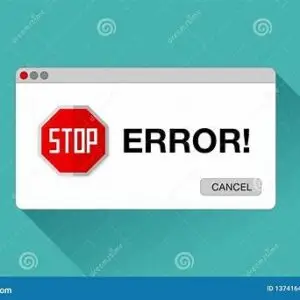 Why Professional Translation Matters: Lessons from Real-Life Missteps
Why Professional Translation Matters: Lessons from Real-Life Missteps
In today’s interconnected world, accurate translation is paramount, especially in legal contexts where precision is crucial. A notable incident underscores this importance:
A lawyer representing a prominent rental car agency sought to translate a rental agreement into Spanish. Upon receiving a professional quote, he remarked, “I can have someone at a local restaurant do it for half the price.” The response was candid: “That may be true. However, when the first accident happens, please call us back and let us know how the trial went.” After a moment of reflection, the lawyer conceded, “You’re right. Please proceed with the translation.”
This exchange underscores a critical lesson: the significance of a document dictates the level of care required in its translation.
The Perils of Inaccurate Translations
Translation errors can lead to unintended and sometimes humorous consequences, especially in the context of horror stories. Here are some notable examples:
- Pampers’ Stork Imagery in Japan: When Pampers introduced their diapers to the Japanese market, they used packaging featuring storks delivering babies—a symbol familiar in Western folklore. However, in Japan, babies are traditionally believed to arrive via giant floating peaches. This cultural mismatch caused confusion among Japanese parents.
- Braniff Airlines’ “Fly in Leather” Campaign: Braniff Airlines launched a campaign promoting their new leather seats with the slogan “Fly in leather.” In Mexico, this was mistranslated to “Fly naked,” leading to unintended and potentially alarming interpretations.
- Korean Menus with Disturbing Translations: A report highlighted that 60 out of 185 restaurants in Korean tourist areas had mistranslated menus. Notably, a dish intended to be “pork with aged kimchi” was mistranslated as “roast grandmother,” which could be both confusing and unsettling for diners.
- “Pepsi Generation” brings your ancestors back from the grave: In the 1960s, Pepsi’s slogan, “Come Alive With the Pepsi Generation,” landed in China with very negative reactions. This slogan for the advertising campaign had been inadvertently translated to “Pepsi brings your relatives back from the dead,” which didn’t go over very well with the local audience.
These examples underscore the importance of accurate and culturally sensitive translations, especially in genres like horror, where the intended atmosphere and themes can be easily disrupted by translation errors.
The Importance of Professional Legal Translation
Legal translation is a specialized field that involves translating legal documents, contracts, court rulings, and other legal materials with precision and legal accuracy. This type of translation requires a deep understanding of both the source and target languages, as well as familiarity with legal systems, terminologies, and conventions.
Certified legal translation is crucial because it provides a guarantee that the translated documents are accurate and meet the necessary legal standards. Courts, government agencies, and legal institutions recognize certified translations, which often carry a stamp or signature from a certified translator.
Conclusion
In the realm of legal documentation, the stakes are high. Ensuring that translations are accurate, culturally appropriate, and legally sound is not just a matter of professionalism but a necessity to avoid potential legal repercussions. Investing in professional translation services is a prudent decision that safeguards against misunderstandings and upholds the integrity of legal processes.
